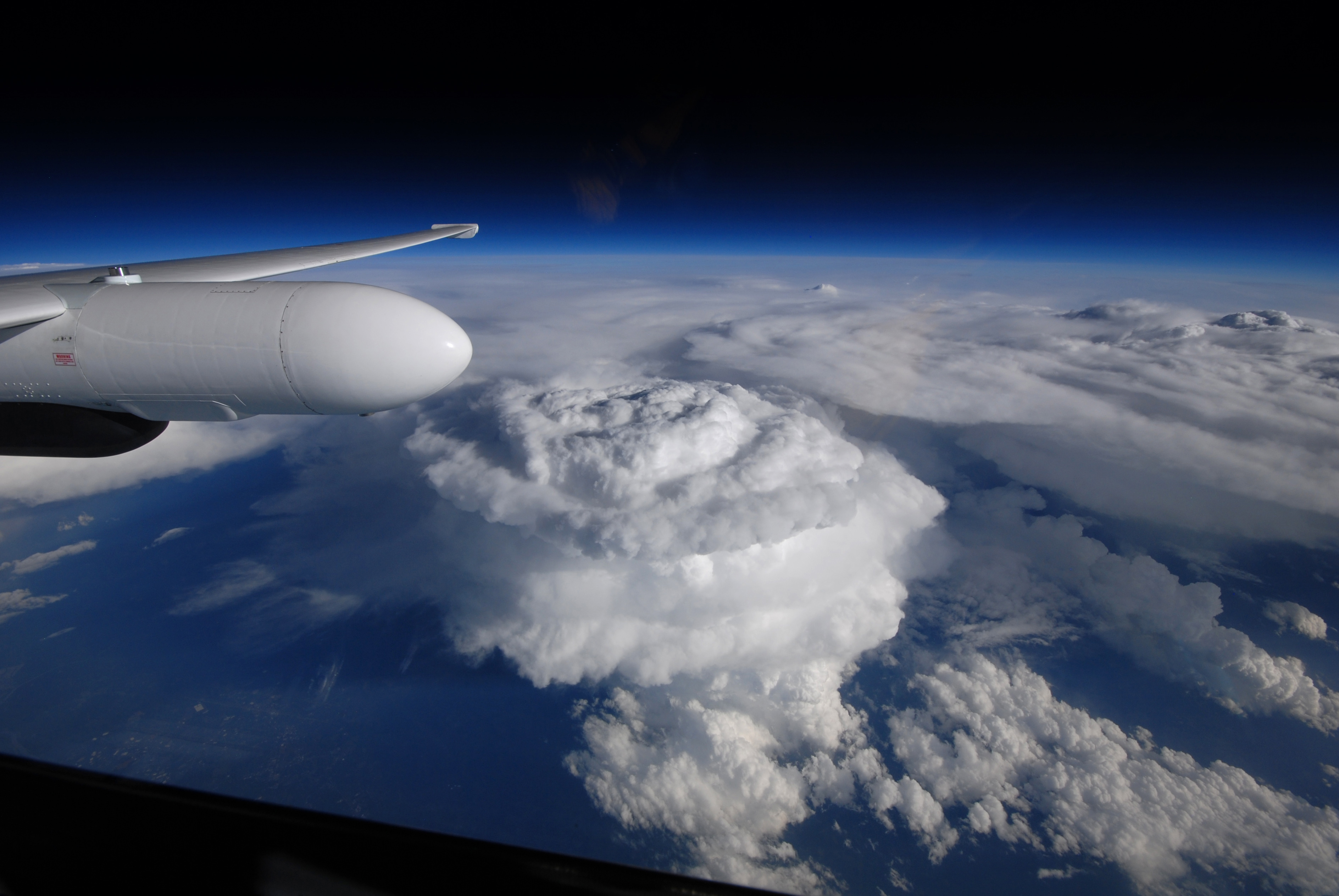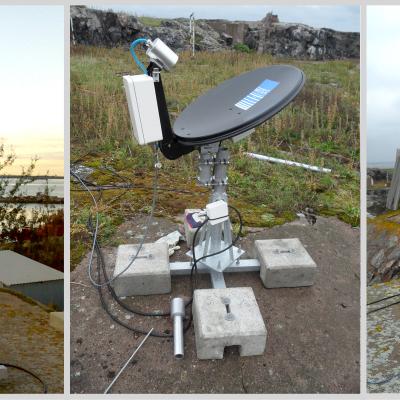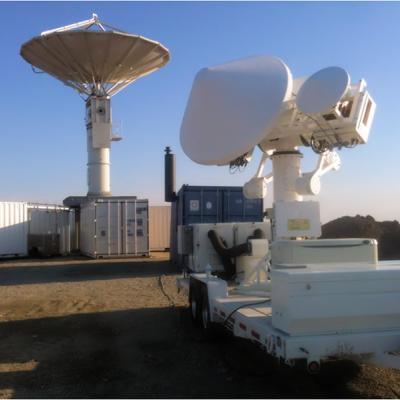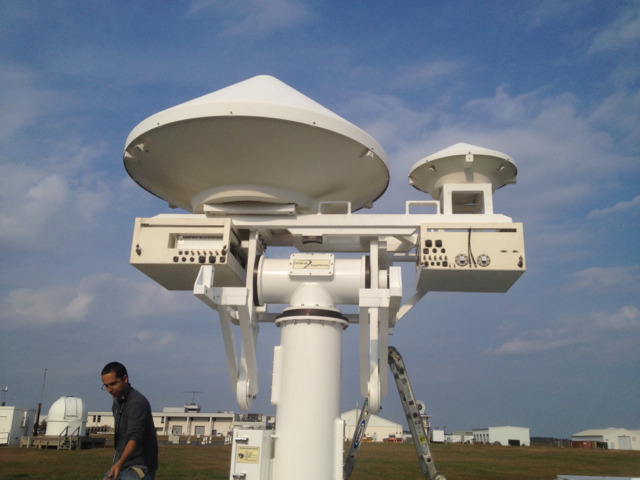The HIWRAP Radar Development Team
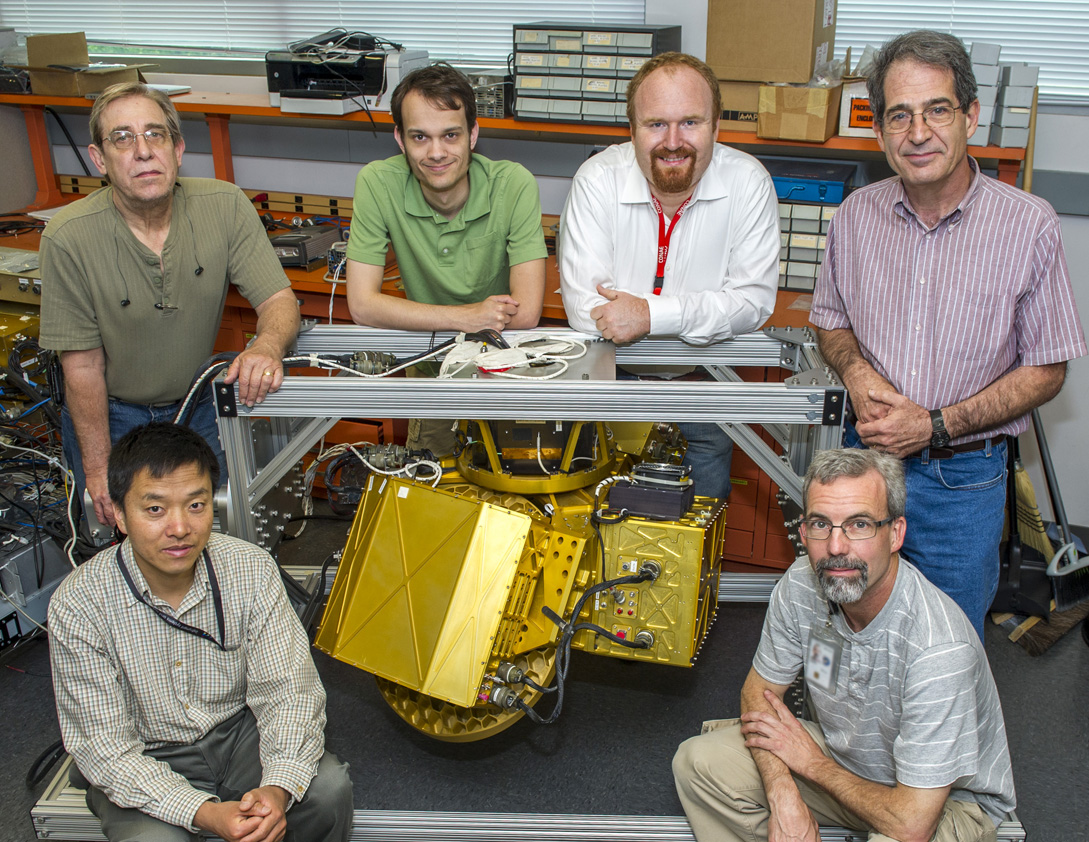
Image Caption
HIWRAP was developed by Goddard’s High Altitude Radar Group. The team includes (left to right): Lihua Li, Gerry McIntire, Michael Coon, Matthew McLinden, Gerry Heymsfield and Martin Perrine.
McLinden led the work on the Cloud Radar System and Li led the work on EXRAD.


